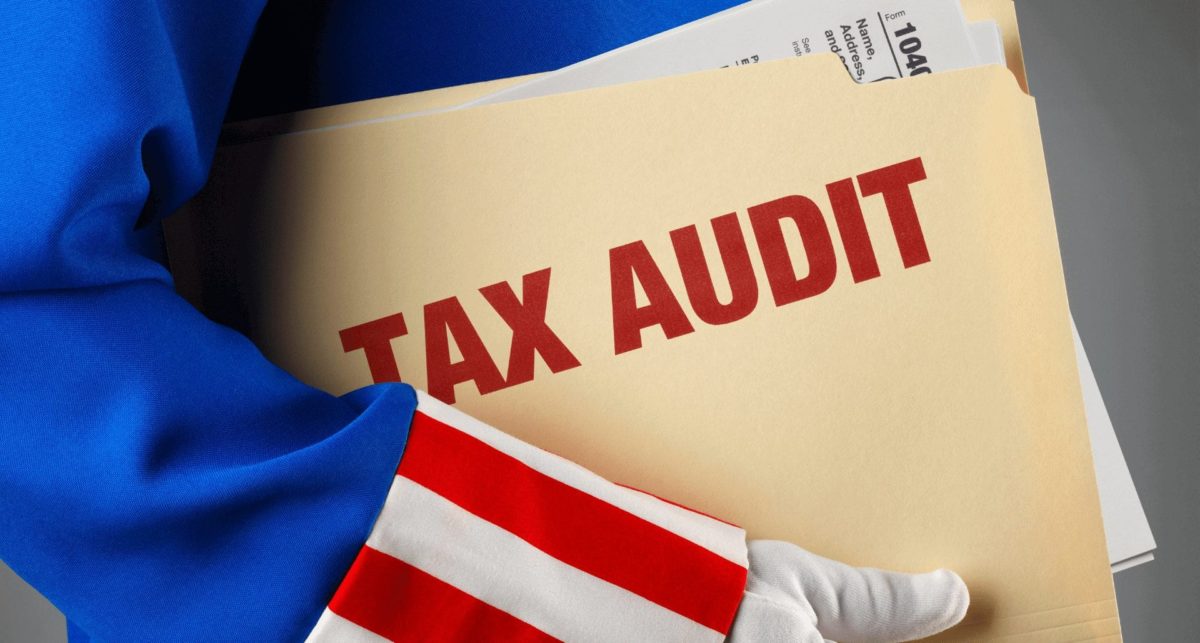November 17, 2013 | Tax Debt

Can you file Bankruptcy on IRS Debt?
Under the tax law, filing for bankruptcy is one way to reduce or even eliminate your tax liabilities, but often it is not the best solution for our clients. In response to the question can you file bankruptcy on IRS debt? In general, there are two different types of bankruptcy, liquidation or “straight bankruptcy” (Chapter 7) and reorganization (Chapter 11 or Chapter 13). Liquidation or straight bankruptcy will result in liquidation of debts including some or even all of your income tax liabilities. Reorganization can provide a reasonable payment plan for taxes due to the IRS through the use of a Bankruptcy trustee.
Liquidation or straight bankruptcy is a process where assets, that are not exempted under federal or state law, are liquidated (sold) and then distributed to unsecured creditors on a pro-rata basis. Whatever amount is distributed to such creditors satisfies the remainder of the debt owed, regardless of what the actual balance of the debt is. In general, the IRS would be included in the group of unsecured creditors that is paid out of the liquidation proceeds unless they filed a tax lien. This type of bankruptcy is limited to debtors whose income is below a threshold amount.
Under the tax law, reorganization is a process that forces a payment plan through a Bankruptcy trustee. This would usually be a payment plan over 60 months. Creditors, including the IRS, must accept a payment plan in an amount that at least matches or exceeds the amount that would have been paid in liquidation and which will pay secured and priority creditors in full within five years. Non-dischargeable taxes are often considered priority debts and as a result must be paid within five years. In order for individual income tax liabilities to be dischargeable, the liabilities must meet the following general rules: 1.) More than three years must have elapsed since the tax return resulting in the liability was due, including extensions; 2.) The tax return must have been filed two years earlier than the bankruptcy petition; 3.) At least 240 days must have elapsed since the date of an IRS assessment. In addition, the tax debt must not be a result of a guilty plea of tax evasion or tax fraud.
Once you petition for bankruptcy, under the tax law, there is an automatic stay that prohibits collection activities from all creditors including the IRS. It is important to note that, the statute of limitations, the time that the IRS has to collect your taxes (10 years), will also freeze during this time and resume after the bankruptcy is concluded and an additional 6 months is tacked on. Filing for bankruptcy stays on your credit report for 10 years. However, a federal tax lien may be just as damaging to a credit report as bankruptcy. Bankruptcy is a complex process and should only be considered after careful consideration since better results may be obtained outside of a bankruptcy.


 Timothy S Hart, the founding partner of the tax law firm of Timothy S. Hart Law Group, P.C. is both a New York Tax Lawyer & Certified Public Accountant. His area of expertise includes innovative solutions to solve your Internal Revenue Service and New York State tax problems, including tax settlements through the Federal and New York State offer in compromise programs, filing unfiled tax returns, voluntary disclosures, tax audits, and criminal investigations. [
Timothy S Hart, the founding partner of the tax law firm of Timothy S. Hart Law Group, P.C. is both a New York Tax Lawyer & Certified Public Accountant. His area of expertise includes innovative solutions to solve your Internal Revenue Service and New York State tax problems, including tax settlements through the Federal and New York State offer in compromise programs, filing unfiled tax returns, voluntary disclosures, tax audits, and criminal investigations. [